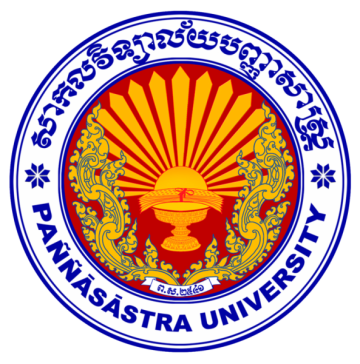Doctor of Philosophy in Educational Planning, Policy and Management
February 3, 2025 2025-09-28 12:38Doctor of Philosophy in Educational Planning, Policy and Management
Doctoral Degree
Educational Planning, Policy and Management
PROGRAM PURPOSE
The Ph.D. program is designed to cultivate informed, philosophical leaders and professors whose primary role in education is to develop human generations capable of facing complex challenges in the emerging knowledge society. These leading educators will be equipped with knowledge and skills required for effective leadership of educational institutions, planning, and policies. Program participants explore the current trends and issues influencing educational planning, policy-making, and leadership. The program also examines approaches to improving the quality of education through discussions on national and international quality assurance systems, comparative education studies, and educational planning. In addition, program participants study and carry out advanced research methodologies with the supervision of experienced scholarly researchers.
The 54-credit Ph.D. in Educational Planning, Policy, and Management program requires 21 coursework credits + 33 research credits.
| REMEDIAL COURSES (6 credits) | |||
| Course Code | Course Title | Credits | Priority |
| EDUC 540 | Educational Psychology and Sociology | 3 | Required |
| EDUC 561 | Educational Trends and Entrepreneurship | 3 | Required |
| Subtotal | 6 | ||
| DOCTORAL COURSES (6 credits) | |||
| Course Code | Course Title | Credits | Priority |
| EDUC 712 | Quantitative Research Methodologies | 3 | Required |
| EDUC 715 | Qualitative Research Methodologies | 3 | Required |
| Subtotal | 6 | ||
| DIRECTED COURSES (9 credits) | |||
| Course Code | Course Title | Credits | Priority |
| EDUC 711 | Philosophies of Education | 3 | Required |
| EDUC 745 | Quality Assurance and Accreditation | 3 | Required |
| EDUC 746 | Strategic Management and Institutional Leadership | 3 | Required |
| Subtotal | 9 | ||
| Research (33 Credits) | |||
| Course Code | Course Title | Credits | Priority |
| EDUC 729 | Personal Seminar on Specialized Topic | 3 | Required |
| EDUC 725 | Dissertation Proposal Defense | 3 | Required |
| EDUC 726 | Conference Paper Presentation | 3 | Required |
| EDUC 731 | Journal Paper Publication | 6 | Required |
| EDUC 730 | Ph.D. Dissertation | 18 | Required |
Ph.D. in Educational Planning, Policy and Management
| Type: | Higher Education |
| Faculty: | Education |
| Department: | Educational Management and Leadership |
| Degree: | Doctor of Philosophy (Ph.D.) |
| Level: | 8 (National Qualifications Framework) |
| Major: | Educational Planning, Policy, and Management (EPPM) |
| Duration: | 3-6 years (full-time) or up to 8 years (part-time) |
Our Faculties & Schools
International Standard with Well-rounded Recognized Local.

